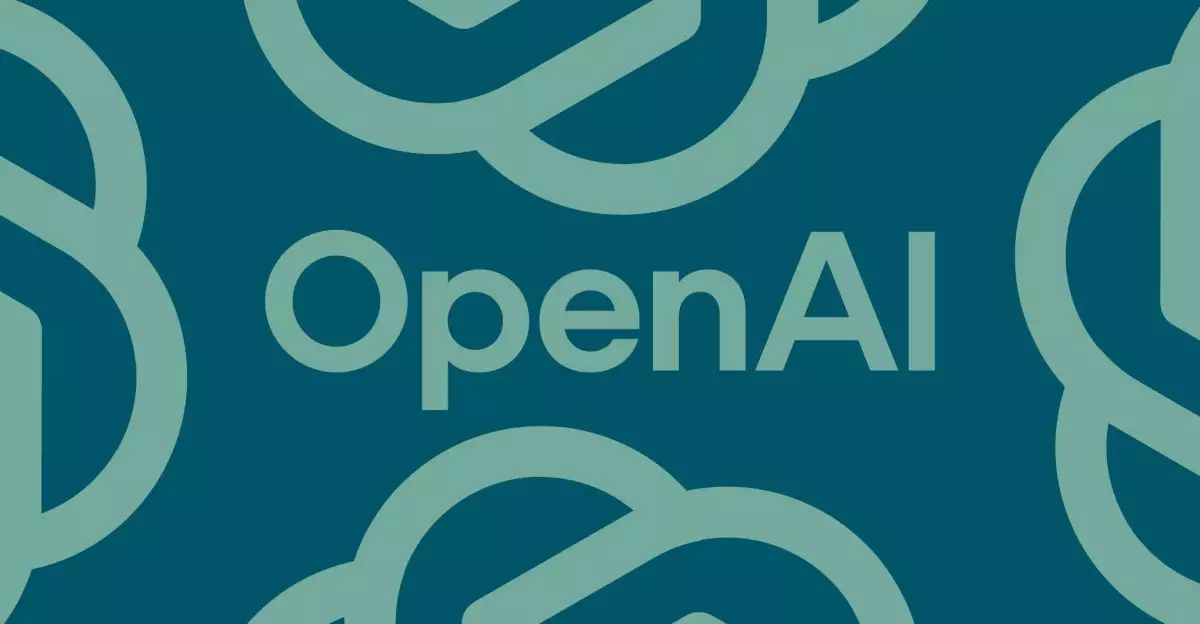The growing friction between Elon Musk and OpenAI is a riveting saga that has captured the attention of the tech world and ignited passionate debates about the implications of artificial intelligence. OpenAI’s recent countersuit against Musk, accusing him of engaging in “bad-faith tactics,” suggests a deeper conflict beyond mere corporate rivalry. Instead, it raises alarming questions about the motivations underlying Musk’s actions and the broader implications for the future of AI development.
A Clash of Visions
At the heart of this dispute lies a clash of visions for the future of artificial intelligence. Musk, a co-founder of OpenAI, has long advocated for a cautious approach to AI, positing that unchecked development could lead to dire consequences for humanity. His initial lawsuit last spring aimed to realign OpenAI with its founding mission of developing Artificial General Intelligence (AGI) for the greater good, distancing the organization from the profit-driven tech landscape. However, critics like Nilay Patel from The Verge dismissed Musk’s legal arguments as “hilariously bad,” fueling speculation about whether Musk’s motives are truly altruistic or if they mask a deeper desire to assert control over OpenAI’s direction.
The Counterattack: OpenAI’s Position
OpenAI’s countersuit presents a compelling narrative aimed at discrediting Musk’s intentions. The allegations highlight a pattern of Musk’s behavior that, according to OpenAI, undermines not just the company but the very ethos of responsible AI innovation. By characterizing Musk’s recent actions as an attempt to “seize control of the leading AI innovations,” OpenAI underscores a concerning aspect of Musk’s influence in the tech domain—the potential for personal motives to interfere with the collaborative essence of AI development. This legal maneuvering brings to light the precarious interplay between innovation and individual ambitions in the competitive tech sector.
The Future on Trial
Scheduled for trial in the spring of 2026, this legal battle could reshape the landscape of artificial intelligence as we know it. The outcomes of such a case stretch beyond the immediate ramifications; they hold the possibility of establishing precedents for how tech companies hold one another accountable and how creators manage the wealth of influence they wield. Will Musk’s vision of responsible AI ultimately prevail, or will OpenAI’s commitment to collaborative innovation set a new standard?
The Bigger Picture
As observers delve deeper into this unfolding drama, it becomes evident that the implications are far-reaching, extending beyond the individual companies involved. The narrative serves as a microcosm of the larger discussions surrounding technological ethics, corporate accountability, and the morally ambiguous nature of innovation in a profit-driven environment. As AI becomes increasingly woven into the fabric of our society, the actions and intentions of influential figures like Musk warrant scrutiny and discussion, challenging us to consider not just who benefits from AI advancements, but at what potential cost.


Leave a Reply